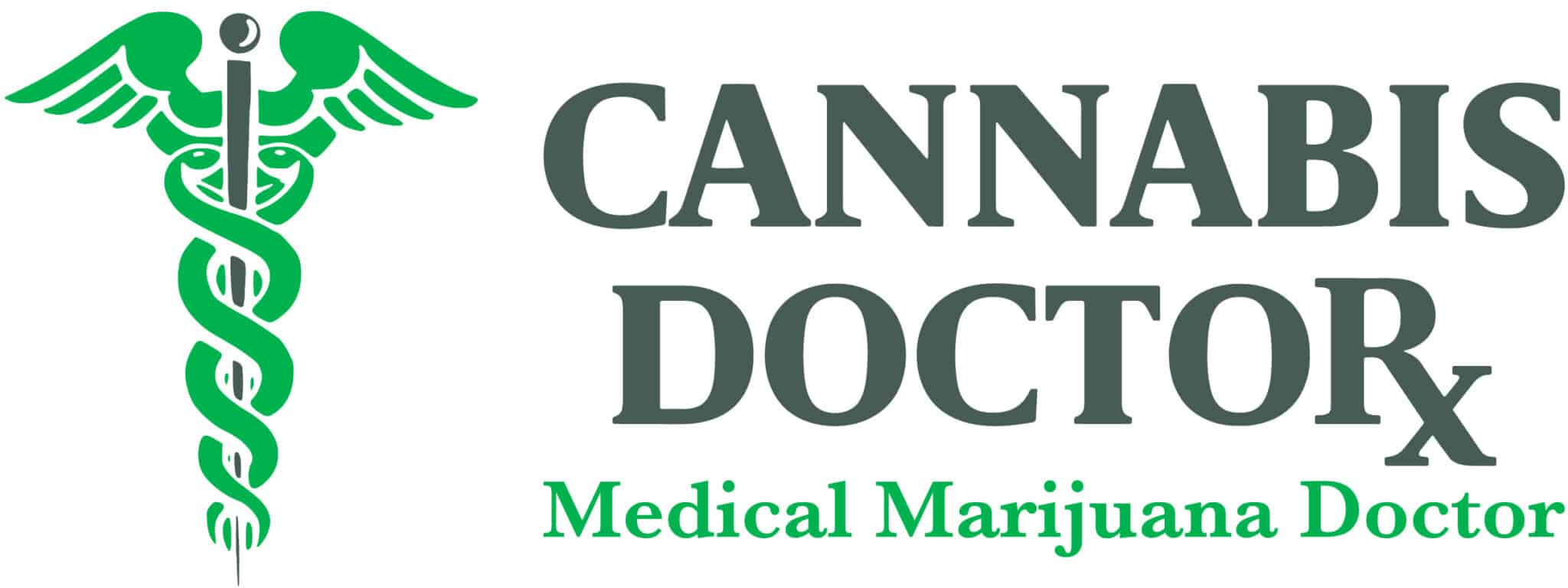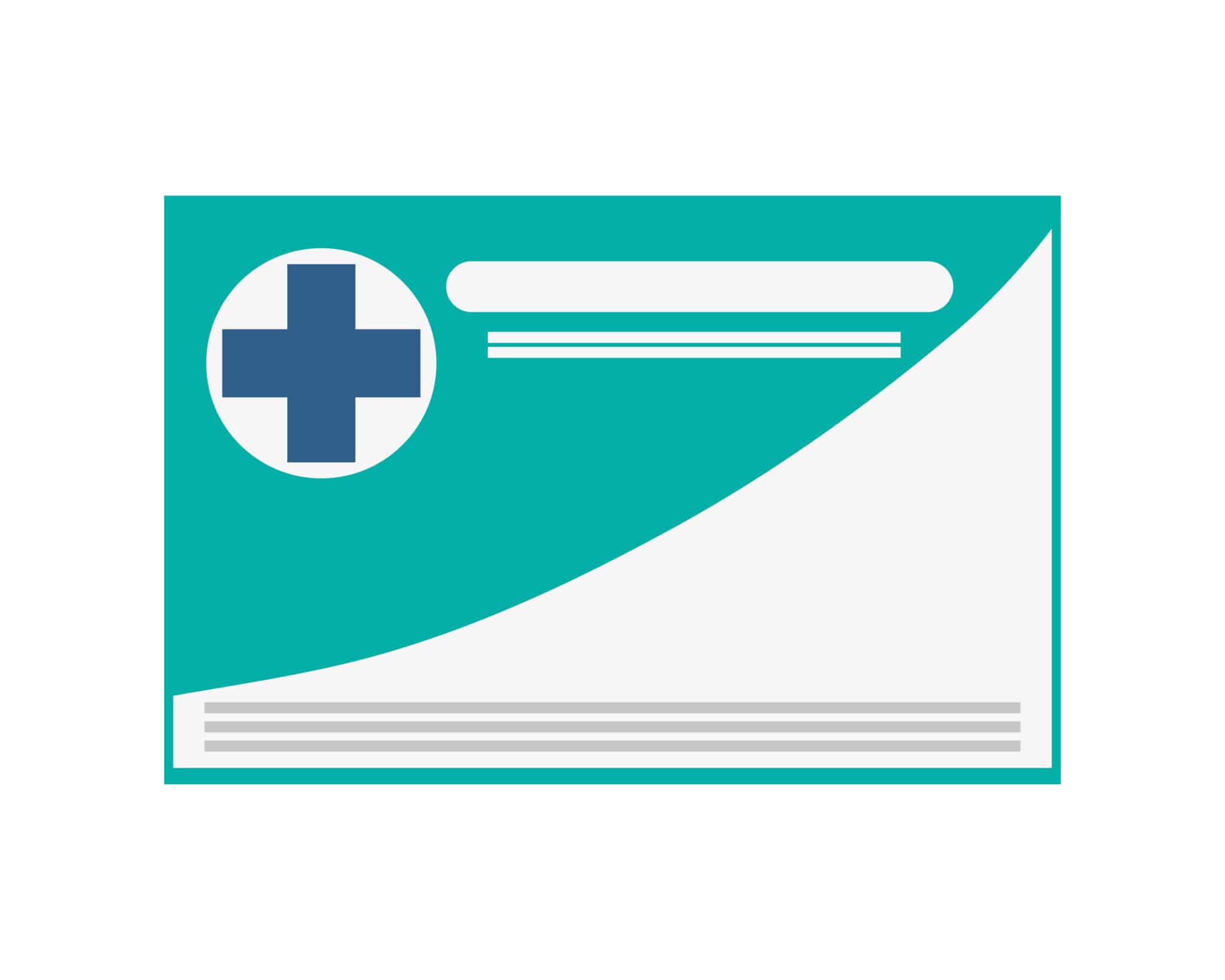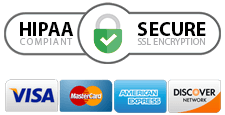In Florida, since marijuana is not recreationally legal, individuals must acquire a medical marijuana card to legally obtain cannabis. Obtaining a medical marijuana card in Florida is not a difficult process. If you have a qualifying condition for medical marijuana, you can obtain a card through a facility like Cannabis Doctor X – Medical Marijuana Doctor.
Having a medical marijuana card in Florida has plenty of obvious benefits, like being able to easily obtain cannabis from a dispensary. However, many claim that there are consequences, or cons to getting a medical marijuana card in Florida.
Consequences of Getting a Medical Marijuana Card in Florida
The following points are some of the potential downsides of having a medical marijuana card in Florida. Many of our clients do not experience consequences of having a card that outweigh the benefits of having a medical card. However, below are potential downsides listed and explained in detail, so you can completely understand before acquiring a card.
- Federal law conflict
- Firearm ownership restrictions
- Privacy concerns
- Employment issues
- Cost and renewal
- Travel limitations
- Insurance and healthcare
- Driving restrictions
- Public perception and stigma
Federal Law Conflict
The conflict between state and federal law is a significant downside for medical marijuana cardholders. While many states have legalized marijuana for medical (and in some cases, recreational) use, it remains classified as a Schedule I drug under the Controlled Substances Act at the federal level.
This discrepancy can lead to complications, especially in matters that involve federal law, such as employment with federal agencies or contractors who must comply with federal drug-free workplace policies. Additionally, this conflict can affect eligibility for federal benefits and participation in federal programs.
Firearm Ownership Restrictions
Under current regulations, individuals who use marijuana, even for medical purposes as permitted by state law, are prohibited from purchasing or owning firearms and ammunition. This is because the Bureau of Alcohol, Tobacco, Firearms and Explosives (ATF) enforces federal laws that categorize drug users as ineligible to possess firearms.
The ATF form required for firearm purchase explicitly asks about marijuana use, and answering falsely is a federal offense. This situation places medical marijuana patients in a position where they must choose between their medication and their Second Amendment rights.
Privacy Concerns
When patients register for a medical marijuana card, they enter their personal information into databases that are maintained by the state. This registration process can raise privacy concerns, as it involves sharing sensitive health information that could potentially be accessed by various state agencies, law enforcement, or other government entities.
While these databases are designed with confidentiality in mind, the potential for data breaches or unauthorized access remains a concern for many.
Employment Issues
Despite state-level legalization, employers may still enforce drug-free workplace policies that include testing for marijuana use. Medical marijuana patients can find themselves at a disadvantage in the job market if they test positive for THC, the psychoactive compound in cannabis.
Even with a valid medical marijuana card, employees may face disciplinary action or termination, depending on the employer’s policies and the job’s specific safety requirements.
Cost and Renewal
The financial aspects of obtaining and maintaining a medical marijuana card include not only the initial application fee but also the cost of doctor consultations and the annual renewal fee required by most states. These costs can add up, especially since medical insurance does not cover them due to marijuana’s federal classification.
Furthermore, the cost of the marijuana products themselves, which can be quite high, adds an additional financial burden since these are also not covered by insurance.
Travel Limitations
Medical marijuana laws are state-specific, creating a patchwork of regulations that complicate travel for cardholders. Transporting medical cannabis across state lines is federally illegal, even between states where medical use is legal.
This limitation forces patients to leave their medication behind or risk legal consequences when traveling, which can be particularly problematic for those who rely on cannabis for chronic pain management or other ongoing conditions.
Insurance and Healthcare
The lack of insurance coverage for medical marijuana is a major downside for patients. Since marijuana is still illegal at the federal level, insurance companies do not cover the cost of cannabis-based medications.
Patients must therefore pay out of pocket for their prescriptions, which can be significantly expensive, particularly for those who require consistent dosages for treatment of chronic conditions.
Driving Restrictions
Driving under the influence of marijuana is illegal in all states, including those that have legalized medical cannabis. Patients must be cautious and ensure they are not impaired while driving, as being caught can lead to DUI charges, with penalties ranging from fines to loss of driving privileges. The legal thresholds for impairment differ by state, adding another layer of complexity for medical marijuana patients.
Public Perception and Stigma
Even as societal acceptance of marijuana grows, stigma surrounding its use persists. This stigma can affect various aspects of a patient’s life, including relationships with family, friends, and employers. Patients may face judgment or misunderstanding due to their medical marijuana use, impacting their social interactions and possibly leading to isolation or discrimination in professional settings.
Advantages of Having a Medical Marijuana Card in Florida
Having a medical marijuana card in Florida offers several benefits to patients in need of treatment for various conditions. Here’s a closer look at the advantages:
Legal Protection
A Florida medical marijuana card provides legal protection under the state’s medical marijuana laws. Cardholders are legally allowed to purchase, possess, and consume marijuana for medical purposes, safeguarding them from prosecution for marijuana use as long as they comply with state regulations.
Access to Dispensaries
With a medical marijuana card, patients gain access to licensed dispensaries across Florida. These dispensaries offer a wide variety of cannabis products, including different strains, edibles, oils, and tinctures, allowing patients to choose the product that best meets their medical needs under professional guidance.
Medical Guidance and Support
Patients with a medical marijuana card receive guidance and support from certified physicians who specialize in medical cannabis treatment. These healthcare providers can recommend specific strains and dosages tailored to the patient’s condition, ensuring a more targeted and effective approach to treatment.
Quality and Safety Assurance
Products obtained from licensed dispensaries are subject to state regulations regarding quality and safety. These products undergo testing for contaminants and potency, providing patients with assurance that they are receiving safe, high-quality cannabis.
Potential Relief for Chronic Conditions
Medical marijuana has been recognized for its potential to provide relief for a wide range of chronic conditions, such as pain, epilepsy, glaucoma, PTSD, multiple sclerosis, and certain symptoms associated with cancer treatment. For many patients, it offers an alternative or adjunct to traditional medications, potentially with fewer side effects.
Privacy in Treatment
The Florida Department of Health maintains strict confidentiality laws regarding medical marijuana patients. Patient information is protected and not accessible to the public, ensuring privacy in their choice of treatment.
Decriminalization of Marijuana Use
The decriminalization aspect is significant for cardholders, as it reduces the risks associated with the legal implications of marijuana use. This can lead to peace of mind for patients using cannabis as part of their medical treatment plan.
Alternative Treatment Options
For individuals seeking alternative treatments beyond conventional pharmaceuticals, a medical marijuana card opens up new possibilities. Cannabis is increasingly recognized for its therapeutic benefits, offering an alternative path for those who have not found relief through traditional medicine.
Empowerment in Healthcare Decisions
Having a medical marijuana card empowers patients to make informed choices about their healthcare. It allows individuals to explore treatment options that align with their preferences and values, contributing to a more personalized healthcare experience.
By providing legal access, safety assurances, and personalized medical guidance, a medical marijuana card in Florida offers significant benefits to those seeking an alternative or complementary treatment for their medical conditions.
Cannabis Doctor X Can Help
Cannabis Doctor X several locations throughout Florida. If you are interested in obtaining a medical card in Florida, we can help! If you have questions about the potential consequences of having a card, give us a call to speak with a professional.



